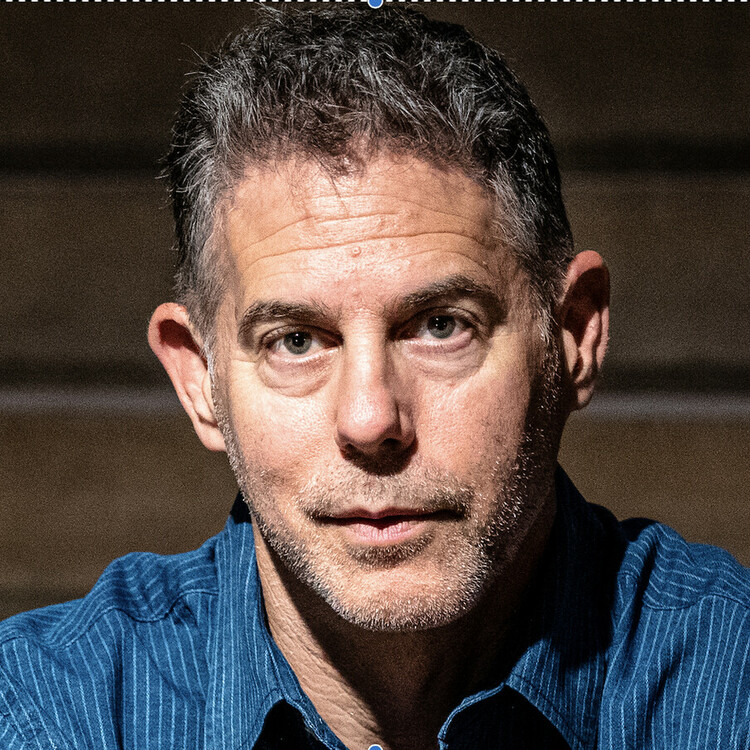Translations
The Job of the Future
This new column, published every 4-6 weeks, will examine issues of translation as they relate to the field of theatre and its intersections with other public and civic sectors.
According to Fortune magazine, the job of the future is Data Scientist.
A data scientist doesn’t have to be an expert at designing apps, or devices, or even new gadget-based networks that connect our apps and devices.
They have to create new ways for us to make sense of all the information those apps and devices and networks deliver to us. They have to make meaning from mountains of seemingly disconnected material. They have to be an expert on the science of organizing and articulating data.
For the last several years, conferences and the internet have hosted a chorus of voices alerting us that today’s arts consumers no longer think of themselves as consumers. They are Participants. Curators. Makers.
As a habit, fewer and fewer of them (us) want to just sit and watch.
We want a part in creation.
How much of this impulse is related to the possibility that the deeper we find ourselves in a sea of data, the more important it is for us to know how to swim rather than watch others swim for us? With more information created and delivered to our fingertips in the last three years than has existed in all of recorded human history, organizing that information into meaning has become more than useful—it has become necessary.
As a habit, fewer and fewer of them (us) want to just sit and watch. We want a part in creation.
So I have to ask—
Is the artist the precursor to the data scientist?
Are memories data?
Are feelings?
Stories?
The Greeks used theatre to bring the Polis together and publicly deal with (sort through) deeply difficult matters (the weight of heavy and collective emotional data).
Today, is the need to make meaning a laptop-scaled need of the individual, or a network-scaled need of the group? Have we reached a point where the functionality of our political, economic and social systems is crippled by the same deep sea that often leaves us as individuals grasping for group affinity and holding onto certainty like a life preserver?
Is there a role for the artist at the intersection of cultural product, creative practice and public sector activity as an agent of meaning-making? If the artist is the partner of the data scientist, then I wonder what acts of cross-field translation need to occur for the artist’s capacity to be made clear? How do we talk about what we do with those who don’t?
One of my first acts of translation was as a young man trying to explain to my family why I wanted to study theatre. That was followed by years of conversations with friends choosing other paths. Upon entering the field, time and again the need for translation presented itself. I was an artist talking with a funder about audience engagement in the development of new work. I was a teaching artist talking with school administrators about the benefits of imaginative acts and expressive actions. I was an artistic leader talking with a State Legislator about performance process and arts-based dialogue on the House Floor.
Each time, I had to clearly and passionately communicate the value of my work. Each time, I had to understand a vocabulary different than my own and become fluent in it. And each time I had to listen for needs so that, whenever possible, I could swiftly identify and offer a matching asset to make the need for collaboration a win-win.
Anyone in the arts has spent a lifetime having these conversations. Everyone in the arts has some level of capacity for listening, translating and expressing. It is what we do.
What if the artist is a data scientist?
What if the data scientist is an artist?
What if we simply need to find a shared language so that, together, we can bring our unique and complementary skills to bear on the tremendous human need for organizing data and experiences of all kind?
What if we’re prepared for the job of the future,
but first,
it’s our job to help the future prepare for us.
Michael Rohd is founding artistic director of Sojourn Theatre, an ensemble-based company centered in Portland, Oregon that has made twenty-four major works around the nation over the last twelve years and is a 2005 recipient of Americans for the Arts’ Animating Democracy Exemplar Award. He is on faculty at Northwestern University’s Theater Department with a focus on Devising Performance, Directing & Civic Engagement. Upcoming projects include a collaboration between Sojourn Theatre and NYC’s The TEAM that will premiere at Kansas City Rep winter 2013, a community-based and site specific production with Flint Youth Theater in Michigan, a Chicago based participatory theatre event called How To End Poverty in 90 Minutes and leading the newly formed Center for Performance and Civic Practice.


Comments
The article is just the start of the conversation—we want to know what you think about this subject, too! HowlRound is a space for knowledge-sharing, and we welcome spirited, thoughtful, and on-topic dialogue. Find our full comments policy here